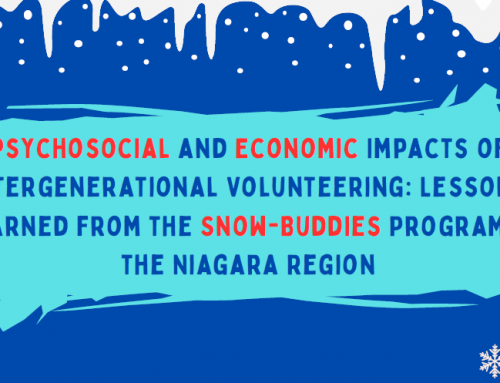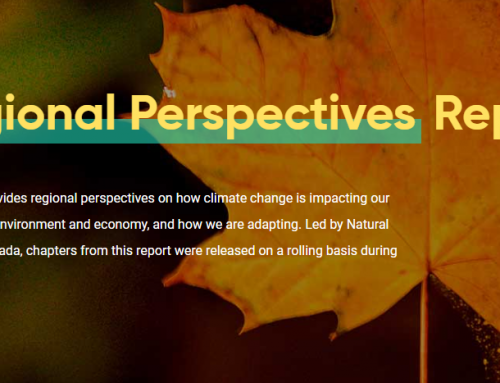Niagara College has become the first college in Canada to be designated as a member of the Age-Friendly University (AFU) Global Network.
Currently comprised of 44 postsecondary institutions from around the world – including six Canadian universities – the global network is dedicated to the role higher education can play in responding to challenges and opportunities associated with an aging population. The Age-Friendly University Initiative was launched in 2012 by Irish Prime Minister Enda Kenny. Professor Mac Craith leads the global initiative with partner institutions in North America, Europe and South East Asia.
The initiative is driven by the AFU’s 10 principles, which provide a valuable guiding framework for distinguishing and evaluating age-friendly programs and policies, as well as identifying institutional gaps and opportunities for growth:
- To encourage the participation of older adults in all the core activities of the postsecondary institution, including educational and research programs.
- To promote personal and career development in the second half of life, and to support those who wish to pursue second careers.
- To recognize the range of educational needs of older adults (from those who were early school-leavers through to those who wish to pursue master’s or PhD qualifications).
- To promote intergenerational learning to facilitate the reciprocal sharing of expertise between learners of all ages.
- To widen access to online educational opportunities for older adults to ensure a diversity of routes to participation.
- To ensure that the postsecondary institution’s research agenda is informed by the needs of an aging society and to promote public discourse on how higher education can better respond to the varied interests and needs of older adults.
- To increase the understanding of students of the longevity dividend and the increasing complexity and richness that aging brings to our society.
- To enhance access for older adults to the postsecondary institution’s range of health and wellness programs and its arts and cultural activities.
- To engage actively with the postsecondary institution’s own retired community.
- To ensure regular dialogue with organizations representing the interests of the aging population.
Niagara College has already taken many steps to support the needs of older learners and an aging demographic in the Niagara region. Anticipating growth in demographic segments that includes new retires and those in search of retraining, the College’s 2017-2021 strategic plan focuses on a more diverse student base and enhanced programming that reflects the changing learner and employer. It aims to offer cultural and global engagement and an enhanced range of experiential opportunities to create a learning experience that aligns with the changing student profile and evolving needs of employers.
Some initiatives undertaken by Niagara College include:
- Programs that helps meet the needs of an aging population, including those focused on Health and Community Studies and a post-graduate certificate in Gerontology;
- Virtual Dementia Training delivered to more than 1,000 students in 14 programs per academic year, and a variety of part-time studies courses in dementia care;
- Students from across many academic disciplines work with hospitals, long-term care facilities, and community agencies that deal with an aging population for classroom projects. The College also works with them as partners for student placements and as clinical partners;
- The South Niagara Health and Wellness Centre at the Welland Campus is a living laboratory for students which, in partnership with senior-focused community providers, provides a reciprocal learning environment that focuses on seniors remaining healthy and safe in their own homes;
- Course work focused on inter-professional education for all health students;
- An older adult health fair for the community, hosted by Niagara College, which is an example of interdisciplinary student participation;
- A Career Insights project was launched (fall 2018) to encourage students to pursue in-demand careers in the Niagara region in the community and health sectors; and
- A Memorandum of Understanding with the Niagara College Retirees Association (June 2018) that provides a foundation for closer collaboration and ways retirees can participate more fully in college life.
- Active participation as part of the region-wide Age-Friendly Niagara Network Leadership Council
Each organization has a role to play in creating a ‘community for all ages’. I encourage you to explore the links above to find out more about what you can do.
Carolyn Triemstra
Dean of Community and Health Studies
Niagara College








